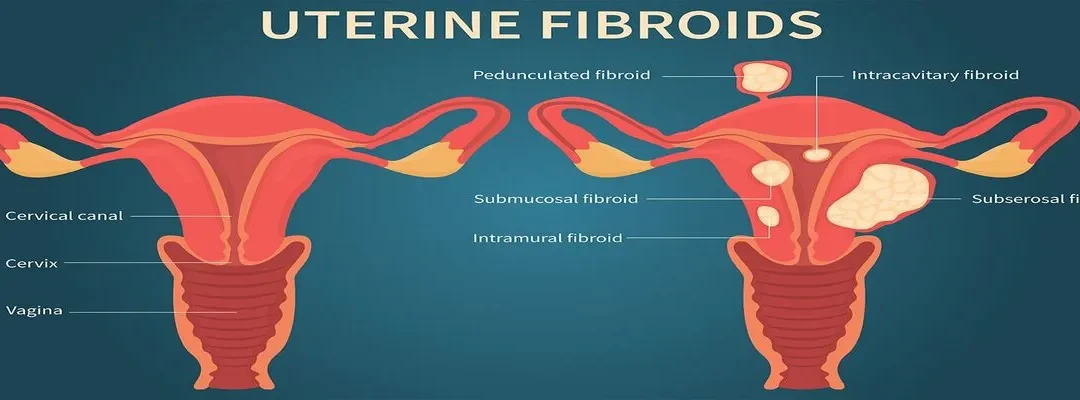Fibroids are abnormal uterine growths. They are also known as uterine fibroids, myomas, and leiomyomas. These are not cancerous or life-threatening, but they can occasionally cause complications and health issues.
Fibroids develop within and around the uterine walls. They are made of muscle and other tissues. They can be as small as a seed or as large as a tennis ball. You could have several fibroids or just one.
The exact cause of fibroids is unknown. Being overweight or obese increases your risk, as does a lack of certain nutrients.
According to Dr. Shweta Shah, one of the best gynecologist and obstetrician in Malad, Mumbai, medications or surgery are sometimes the only options for treating uterine fibroids. However, some women’s symptoms may improve simply by changing their diet, regular exercise, and stress management routines.
Even if you require medical treatment, natural approaches such as acupuncture, lifestyle modifications, and supplements may benefit. Moreover, Dr. Shweta Shah offers advanced and effective uterine fibroids treatment in Mumbai.
Now, let’s know the,
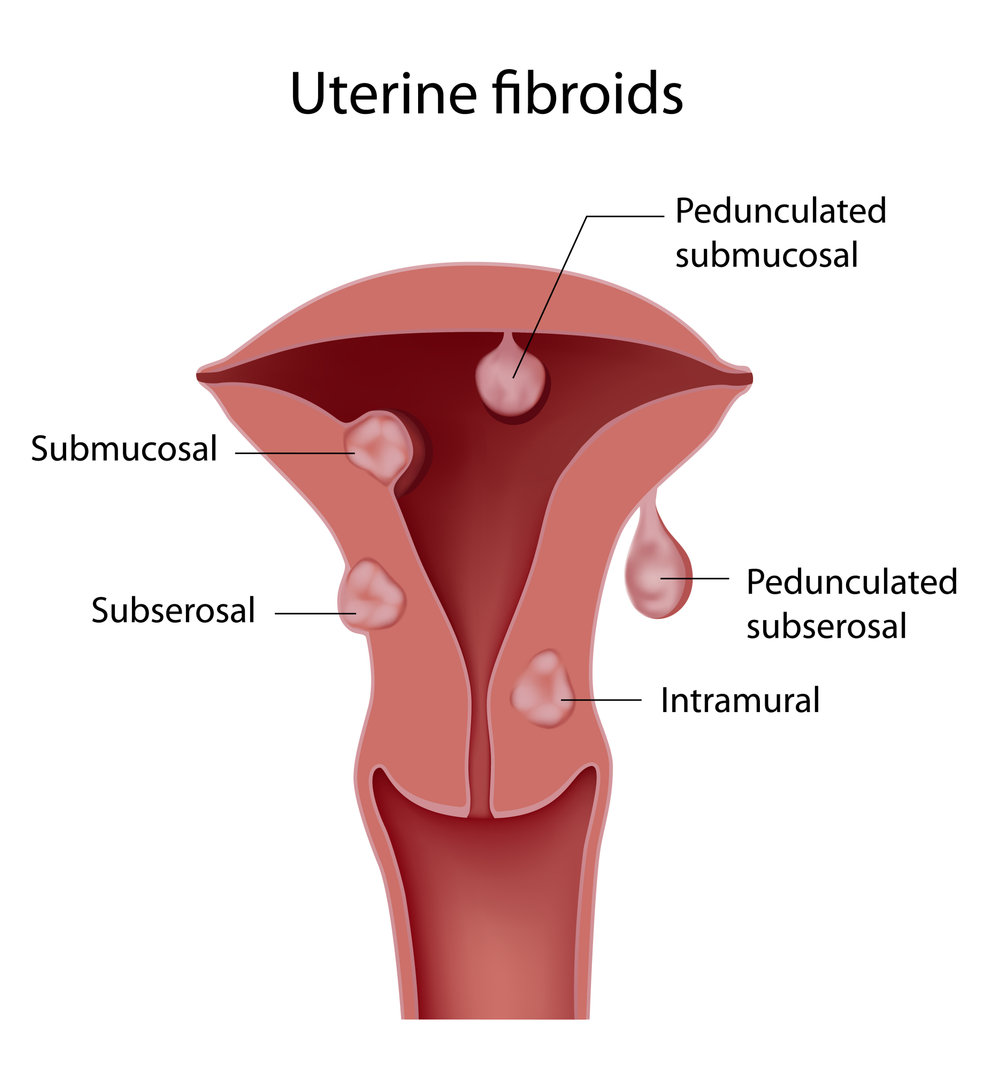
Symptoms of Uterine Fibroids
Almost 80% of women develop fibroids at some point in their lives. This condition could also be inherited. If your mother or sister has fibroids, you are more likely.
Fibroids can cause a variety of symptoms and complications, including:
- heavy menstruation.
- pain.
- constipation.
- anemia.
- issues in conceiving.
- miscarriages.
Only 20 to 50% of women with fibroids experience symptoms. In most cases, no treatment is required. Your doctor may advise you to wait and see if the fibroids go away on their own.
While foods cannot treat or prevent fibroids, your diet and lifestyle choices may help lower your risk.
Diet can assist in balancing hormones that may be causing these growths. Certain foods may also aid in the relief of fibroid symptoms. Understanding all of your options may allow you to reduce, or even eliminate, the pain and other symptoms associated with fibroids.
Here are some simple tips that may make a difference in making you feel better.
Changes in diet and lifestyle to reduce risk.
Several changes you can make may help reduce your risk of fibroids.
- Consume a Mediterranean-style Diet.
Include fresh fruits, fresh and cooked veggies, legumes, and fish in your diet. One option is to follow a Mediterranean diet. According to research, consuming these foods may help reduce your risk of fibroids. However, eating red meat, ham, lamb, and other red meats may raise your risk.
- Maintain Oestrogen Levels.
Oestrogen is a hormone that is essential for healthy fertility in both men and women. Too much oestrogen, on the other hand, can increase your risk of fibroids or worsen them. Many fibroid treatments work by lowering oestrogen levels.
Other methods for balancing oestrogen levels include:
- Weight loss.

Obesity and being overweight raise the risk of fibroids. Because fat cells produce more oestrogen, losing weight may help prevent or slow the progression of fibroids.
- Avoid chemicals that disrupt hormones.
Both natural and synthetic chemicals can disrupt your endocrine balance, causing oestrogen levels to rise. These chemicals can enter your body through your skin and food.
Avoid or limit your exposure to chemicals found in:
- Pesticides
- Fertilizers
- Plastics such as BPA and non-stick cookware coatings
- Some personal care products
- Fire retardants
- Dyes
- Paints
- Reduce Alcohol Consumption.
Alcohol may increase your risk of fibroids. This is because alcohol increases the level of hormones required to grow fibroids. Alcohol can also cause inflammation.
According to one study, women who drank one or more beers per day increased their risk by more than 50%. To help reduce your risk, avoid or limit your consumption of alcohol.
- Consume Enough Vitamin D
Vitamin D may reduce your risk of fibroids by nearly 32%. When your skin is exposed to sunlight, your body naturally produces this “sunshine vitamin.” You are more likely to be deficient if you have darker skin or live in cooler climates.
Below supplements, as well as foods, can help boost your levels:
- Egg yolks.
- Cereals.
- Orange juice.
- Fatty fish such as mackerel, salmon, and tuna.
- Cod liver oil.
- Fortified milk, cheese, and dairy products.
- Maintain Blood Pressure
According to research, many women with severe fibroids also have high blood pressure. More research is needed to determine whether there is a link. Blood pressure control is critical for your overall health.
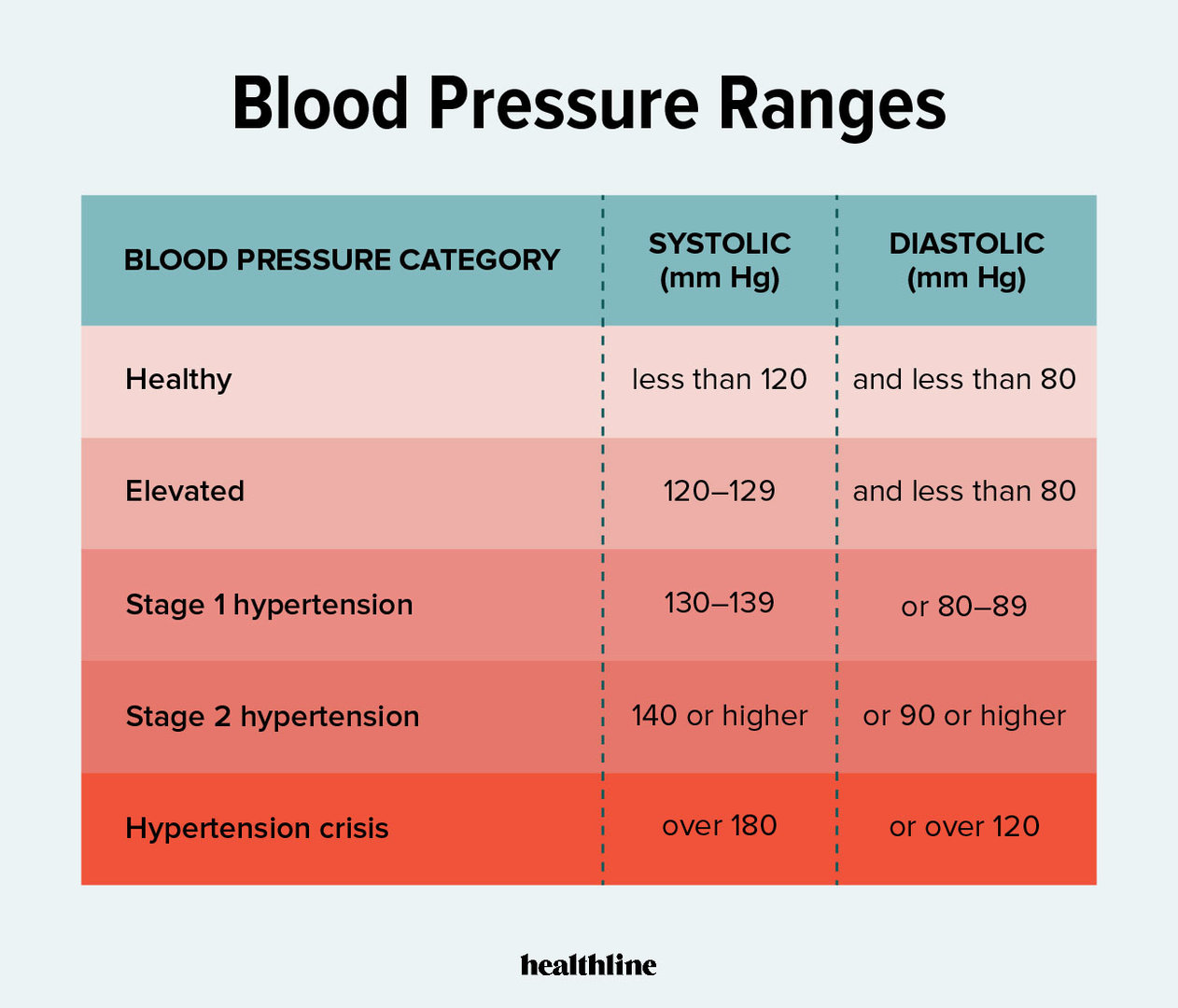
Consider the following suggestions:
- Avoid using extra salt.
Instead, use herbs and spices to season your food.
- Limit your intake of high-sodium processed and packaged foods.
- Exercise regularly.
- Reduce your weight, especially around your waist.
- Use a home blood pressure monitor to check your blood pressure daily.
- Avoid or limit alcohol consumption.
- Eat various green vegetables at each meal to increase your potassium intake.
- Quit smoking and stay away from second-hand smoke.
- Take your blood pressure medication as directed if you have high blood pressure.
- Check in with your doctor regularly.
- Smoking and Diet
Eating colourful fruits and vegetables is beneficial to your overall health. Consuming a variety of red, yellow, and orange foods will provide an abundance of antioxidants. Dark greens are also high in nutrients and will benefit your health. These nutrients may aid in the prevention of disease, including some cancers.
However, a study discovered that beta carotene found in red, yellow, and orange foods did not reduce the risk of fibroids. Beta carotene may even increase the risk in smokers. More research is needed to determine why this might occur. In any case, smoking is bad for your health and may increase your chances of getting fibroids.
Now, let’s discuss,
What to Eat If You Have Fibroids?
Fibroids cannot be treated with diet alone. On the other hand, a well-balanced diet may help alleviate some fibroid symptoms and complications. In some cases, certain foods may help slow fibroid growth.
- Fiber
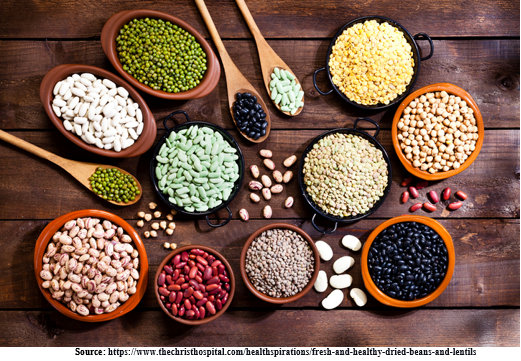
Fiber-rich foods help with weight loss and hormone balance. They also help to maintain stable blood sugar levels. Fiber may help prevent and slow the growth of fibroids for these reasons. Include the following whole foods in your diet:
- vegetables, both cooked and raw
- whole wheat bread and pasta
- cruciferous vegetables
- cooked, raw, or dried fruits
- oats, barley, beans, and lentils
- Dairy
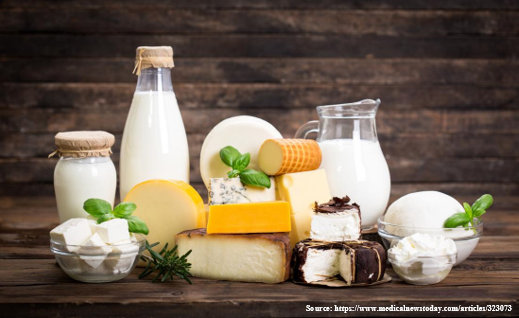
Include dairy products in your diets, such as yogurt and full-fat cheese. Dairy contains a lot of calcium, phosphorus, and magnesium. These minerals may aid in the prevention and slowing of fibroids. Vitamin D is also present in fortified milk.
- Potassium
Potassium helps to balance blood pressure by counteracting the effects of salt. Include the following potassium-rich foods in your daily diet:
- bananas
- citrus fruits
- avocado
- dates
- potatoes
- tomatoes
- lentils
- oat bran
- Green tea
Green tea contains several antioxidants. These may help slow the growth of fibroids by reducing inflammation and high oestrogen levels. Green tea may also help with symptoms of fibroids-related heavy bleeding, such as anemia.
Foods To Avoid If You Have Fibroids
- Sugar
Sugar-containing foods and simple carbohydrates may cause or worsen fibroids. These foods cause blood sugar levels to rise. This causes your body to produce an excessive amount of insulin. Excess insulin can lead to weight gain and fibroid growth.
Avoid refined carbohydrates and added sugars like:
- dextrose
- table sugar
- maltose
- soda and sugary drinks
- white bread, rice, pasta, and flour
- fruit juice
- crackers and potato chips
- energy bars
- corn syrup
- high fructose corn syrup
- Consume Oestrogen Increasing Foods
Some foods contain phytoestrogens, which are natural ingredients that mimic oestrogen in the body. Other foods contain hormones or cause your body to produce more oestrogen.
Some of these foods may have preventive properties when consumed in small to moderate amounts, but they may have adverse effects when consumed in large quantities.
You might need to limit or avoid foods like:
- red meat from sources with added hormones
- soybeans
- Tofu
- soy milk
- flax seeds
Eating a well-balanced diet and maintaining a healthy weight are essential. No matter what precautions you take, you may not be able to prevent fibroids.
Consult one of the best gynecologist in Malad, Mumbai, if you believe you are at risk or if you notice any changes in your health. If you have fibroids, your doctor will advise you on the best course of action.
The first steps in managing fibroids and alleviating symptoms are to follow a balanced diet and make lifestyle changes. Even if you have surgical intervention, medication, or other fibroids treatment, you must follow a diet plan. Your doctor may suggest natural remedies, alternative pain relief, stress management, and supplements to help alleviate symptoms.
Discuss with your doctor and a dietitian the best diet program for you and other methods to avoid and decrease the effects of fibroids.

